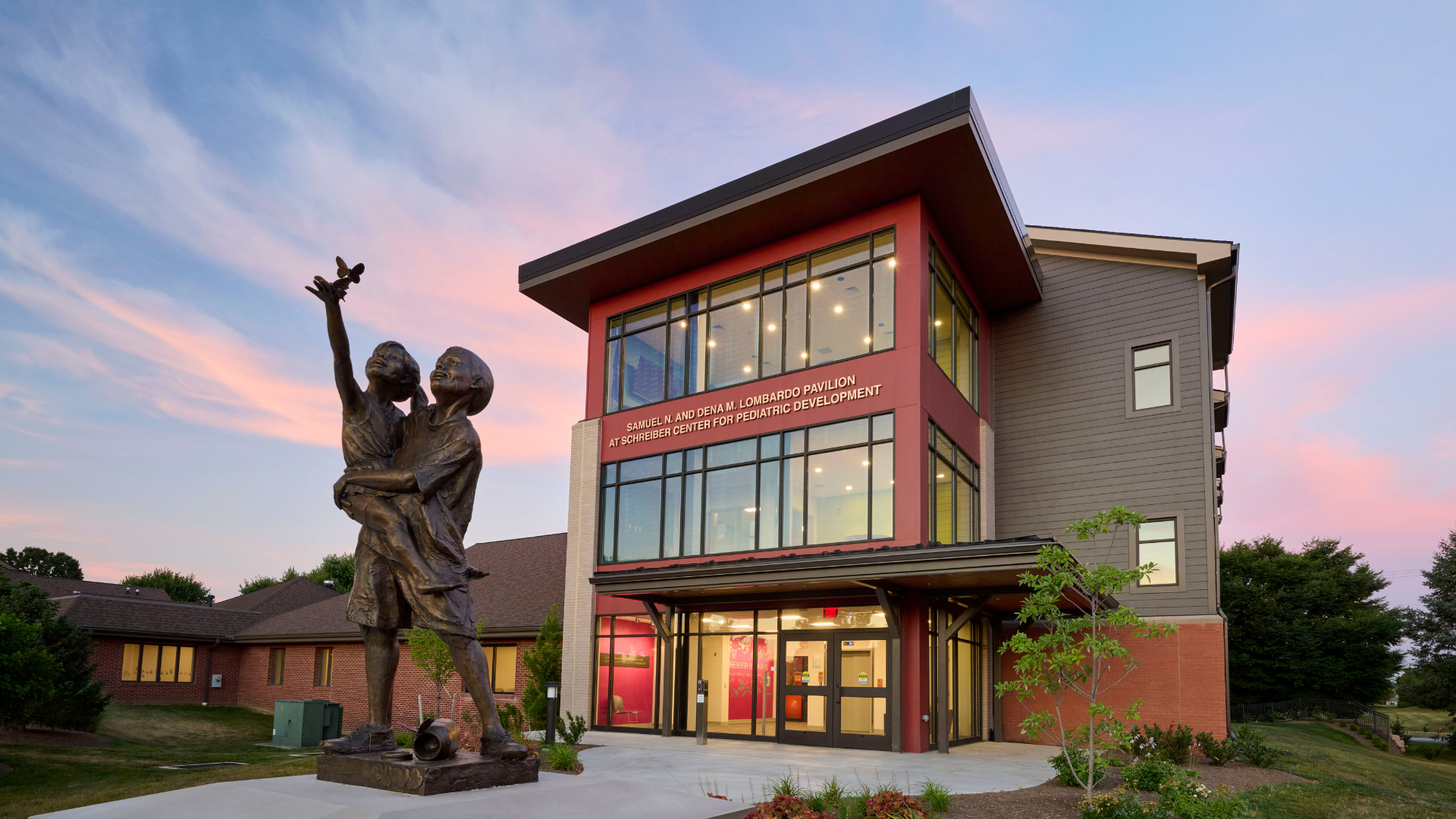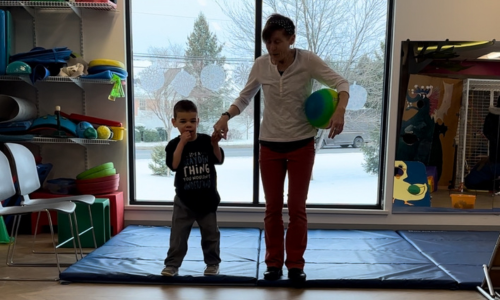
Category: Families

Gavin Mitstifer: Defying the Odds Every Day
June 5, 2025
Every child deserves the chance to grow, move, and live with hope for the future. But for children with Congenital Myasthenic Syndromes, like Gavin Mitstifer, 2025 Schreiber Ambassador, that path [&he...

Therapists at Schreiber Went Above and Beyond to Help My Son Thrive: A Personal Testimonial
February 27, 2024
Written by: Schreiber Client Brayden’s Mom, Alicia Earnesty Brayden has been attending therapy at Schreiber Center for Pediatric Development for over 5 years now. As a medically complex child, B...

Thank You to our 2023 Ambassadors!
December 23, 2023
As we reflect on 2023, we are filled with gratitude for the amazing kids and families who have allowed us to spotlight their journeys through our therapy services, the true […]

Go Big or Go Home: Javion Rodriguez
October 25, 2023
“Go Big or Go Home” says Schreiber client, Javion Rodriguez, who went big this summer when he played in the Little League World Series Challenger Series. For 30 years this […]

35th Annual Rubber Duckie Race & Festival Highlights
September 14, 2023
Thank you to everyone who came out to celebrate our 35th Annual Rubber Duckie Race & Festival on September 10, 2023. It is because of the generosity of our sponsors, […]

Sam Leon-Durkee: Young man with a plan
April 19, 2022
Sam Leon-Durkee started a recent physical therapy session working on a piece of equipment called a Galieleo vibration plate. He sat down on a bench, put his feet on the plate […]

Ellery McIndoe learns to soar at Schreiber
March 29, 2022
Ellery McIndoe has had challenges most people can’t imagine. She also has lots of personality, a big, bright smile and a ton of can-do spirit. In the scheme of things, […]

Carter Peiffer: Back from the brink
March 17, 2022
For Carter Peiffer, an occupational therapy session with Sarah Terry will usually involve food. And making a mess with food. The mess is by design. A puddle of PediaSure on […]

For the Kiss family, dedication mixed with gratitude
March 4, 2022
The complications for Colton Kiss started the moment he was born. His mom, Tara Kiss, said doctors used vacuum extraction to help with delivery. The procedure “caused four intracranial bra...
